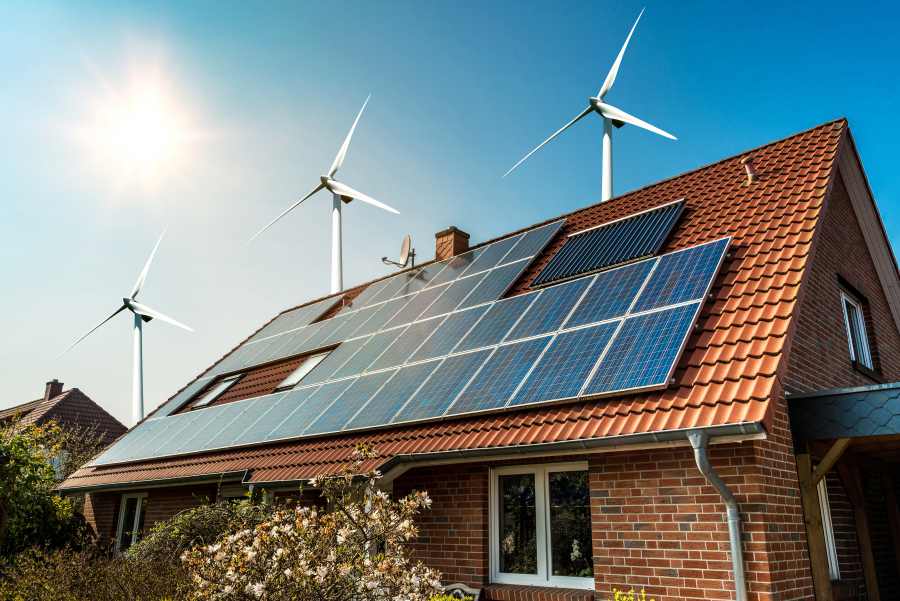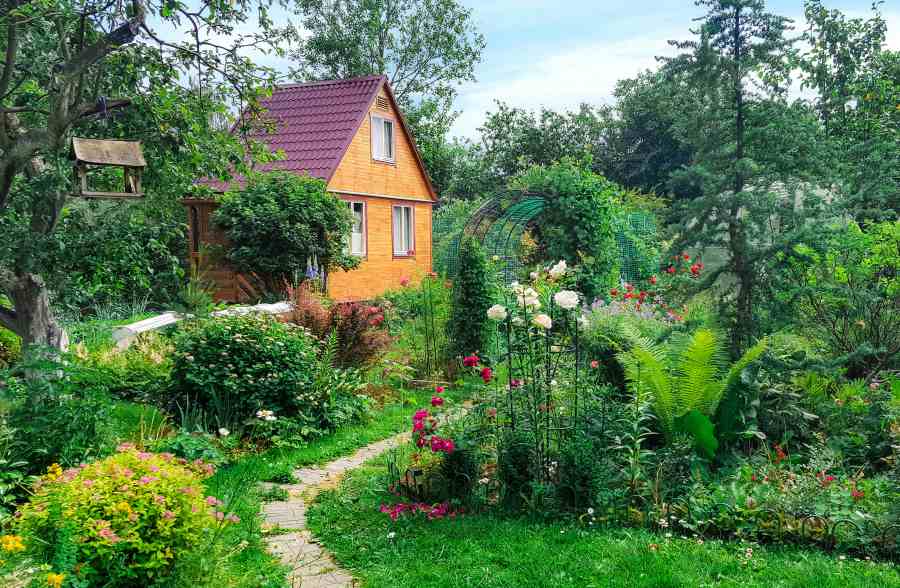The first thing to appreciate about living off of the grid is that this does not necessarily mean that you will be forced to due without modern conveniences. It simply signifies that you are no longer dependant upon many of the utilities which are often taken for granted. From generating your own electricity to obtaining renewable supplies of water and creating a sustainable food source, there are numerous options at your disposal. Let’s take a look at some common methods as well as the benefits that they have to offer.
 A Host of Ecologically Friendly Solutions
A Host of Ecologically Friendly Solutions
It is currently estimated that more than 75,000 individuals or families live off of the grid throughout the United Kingdom. However, this number is likely to be much higher due to the simple fact that, well…they are off of the grid. Another key factor to remember is that traditional technology paired with cutting-edge science can offer a number of options which will be used to create a truly independent lifestyle. Some examples include:
- Solar panels
- The use of biofuels
- Sustainable gardening
- Heat pumps
- Construction materials sourced from the nearby environment
Of course, it will normally require a bit of time in order to obtain the know-how in order to successfully leverage such techniques. It should nonetheless be stressed that you will not need to possess a massive amount of experience; only the will to cease your dependency upon traditional methods (such as mains electricity and water).
What Advantages Does this Lifestyle Have to Offer?
The most obvious benefit associated with this lifestyle is that you will exert a much lower carbon footprint upon the environment. This is excellent in terms of protecting decidedly limited natural resources and you will be contributing to a healthier planet in the years to come. However, we have only scratched the surface.
Another interesting point to mention is that the majority of those who choose to live off of the grid will experience lower levels of stress and anxiety. If you have grown tired of the proverbial “rat race”, this lifestyle could very well represent the ideal solution.
It should likewise be highlighted that you might be able to save thousands of pounds each year due to the fact that you are not connected to mains energy grids. This money can then be reinvested in order to add further amenities to your home, so such a method could very well be able to pay for itself over time.
A final windfall associated with living off of the grid involves better overall health; especially if you produce your own foods or you choose to embrace an organic lifestyle. More robust physical health will naturally translate to a more balanced state of mind.
 Are There Any Disadvantages?
Are There Any Disadvantages?
It is wise to look at both sides of the coin in order to fully appreciate the big picture. Perhaps the most notable drawback is the fact that it can cost a significant amount of money to initiate such a lifestyle. Modular homes which are ecologically friendly tend to cost more than their standard counterparts. You will also have to invest in a certain amount of renewable technology (such as a host of solar panels or a water purification system). This is why you can expect to invest a minimum of 10,000 pounds. So, it is always wise to take these issues into account if you hope to make an informed decision without breaking the bank.
The Wave of the Future?
The big question involves whether or not more individuals will begin to embrace this grass roots lifestyle. The answer partially revolves around how green technology continues to advance and whether or not it becomes more affordable to the average individual. Still, there is no doubt that off-the-grid living is becoming more popular and this trend shows no signs of slowing down.